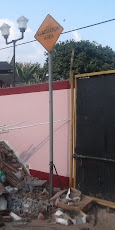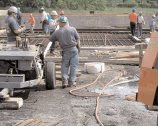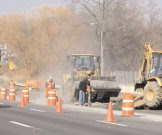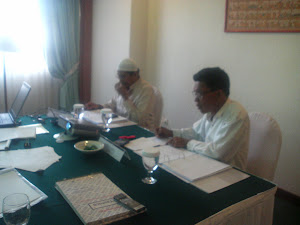
Toolbox talks
are safety lectures aimed at the construction trade. The lectures are intended to educate workers about creating and maintaining safer work conditions, and attendance is mandatory with many companies. In addition to the construction industry, mining companies and heavy manufacturers also hold toolbox talks. Many companies provide toolbox talks in modular form, so that a safety educator has a curriculum readily available.
There are several facets to successful and useful toolbox talks. As a general rule, the talks are short and they are kept interesting and relevant. Some workplaces hold brief toolbox talks once a week, continuously educating their employees, while others have longer safety seminars at less frequent intervals. The goal is to empower employees so that they can recognize, avoid, report, and correct safety hazards.
Learning to recognize safety hazards is an important part of the curriculum. Workers are educated about all aspects of the industry they work on, so that they can identify problems with their work sites. Usually, workers are invited to tell stories about injuries they have witnessed or heard about, so that workers can learn from each other as well as the lecture. Electrical safety, proper handling of equipment, and fall safety are common safety hazards which are covered in toolbox talks.
Safety hazards
Workers are also taught about how to correct safety hazards. Most job sites have a safety officer, and employees are told to report hazards to the safety officer. Once the officer has evaluated the hazard, actions can be taken to correct it. Workers are also encouraged to use common sense. For example, if a hazard is obviously immediately life threatening, workers should evacuate the area or take steps to correct it, rather than going through the safety officer.
Avoiding potentially hazardous situations is included in toolbox talks as well. For example, workers are taught to tie in when working in high spaces, shown how to use a respirator in conditions with large particulate loads, and educated about the impact of environmental conditions such as extreme heat or cold on safety. Learning to avoid the creation of unsafe conditions is also important, and workers learn how to work and move safely around a job site.



























































Tidak ada komentar:
Posting Komentar